Kavanagh fears witch-hunt as Leveson Inquiry begins
Respected Sun journalist defendsthe tabloids as editors turn outat the start of the investigation
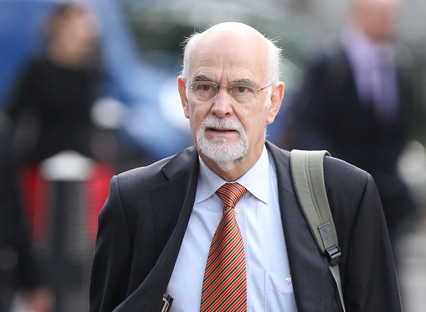
A free daily email with the biggest news stories of the day – and the best features from TheWeek.com
You are now subscribed
Your newsletter sign-up was successful
THE TABLOID press has had few defenders since the phone-hacking scandal broke, but one respected Fleet Street heavyweight, fighting from the red-top corner, has come out swinging at the start of the Leveson Inquiry, warning the panel not to turn their investigation into a witch-hunt.
Trevor Kavanagh, associate editor of the Sun, who spent 23 years as the paper's political editor, mounted an impassioned defence of his employers at the inquiry's opening seminar, which was attended by the great and the good from across the journalistic spectrum. But not everyone saw things his way.
Speaking towards the end of the session Kavanagh expressed concerns about the aims of the inquiry. "It is hard to escape the impression it is out to 'get' the tabloids, implicitly seen as uncultured, malpractised and unethical," he said. "Why, for instance, is nobody with tabloid experience, representing the overwhelming majority of readers and sales, on this panel?"
The Week
Escape your echo chamber. Get the facts behind the news, plus analysis from multiple perspectives.

Sign up for The Week's Free Newsletters
From our morning news briefing to a weekly Good News Newsletter, get the best of The Week delivered directly to your inbox.
From our morning news briefing to a weekly Good News Newsletter, get the best of The Week delivered directly to your inbox.
He went on to describe his colleagues at the Sun as "the finest creative professionals in the business, men and women who could adapt to working successfully on any other paper".
Kavanagh added: "The great sin of the popular Press is to be popular. Our lighter, brighter, brasher papers are commercially successful... [but] newspapers are commercial, competitive businesses, not a public service."
He insisted that the red-tops often led the way for other media. "The tabloids drive the daily news agenda," he said. He gave examples including exposés of Bill Clinton and Dominque Strauss Kahn's affairs as stories pushed by the so-called 'gutter press', that could have been suppressed were there not a "free press".
He didn't mention it, but he could also have brought up the News of the World Pakistani match-fixing scoop. Two international cricketers are currently on trial in London as a result of the now-defunct paper's efforts to unmask corruption.
A free daily email with the biggest news stories of the day – and the best features from TheWeek.com
However, not everyone was singing from Kavanagh's hymnsheet. Former Daily Star journalist Richard Peppiatt said that when working for a red-top: "The job is about making the facts fit the story, because the story is almost pre-defined."
He described the tabloids' agenda as "a crude, morally deplorable play on the politics of fear in the pursuit of profit".
Writing in the Guardian, the paper that uncovered the phone hacking scandal, former Daily Mirror editor Roy Greenslade appeared to suggest that the papers do have something to hide.
He noted that "a line was emerging" across Fleet Street. "It's an extension of the initial defence used by News International to quash speculation on the extent of the phone-hacking scandal," he explained. "Now, it appears, editors are trying to distance themselves from the dark arts of the News of the World by urging the public to regard to it as a lone 'rogue newspaper'."
-
 Political cartoons for February 15
Political cartoons for February 15Cartoons Sunday's political cartoons include political ventriloquism, Europe in the middle, and more
-
 The broken water companies failing England and Wales
The broken water companies failing England and WalesExplainer With rising bills, deteriorating river health and a lack of investment, regulators face an uphill battle to stabilise the industry
-
 A thrilling foodie city in northern Japan
A thrilling foodie city in northern JapanThe Week Recommends The food scene here is ‘unspoilt’ and ‘fun’
-
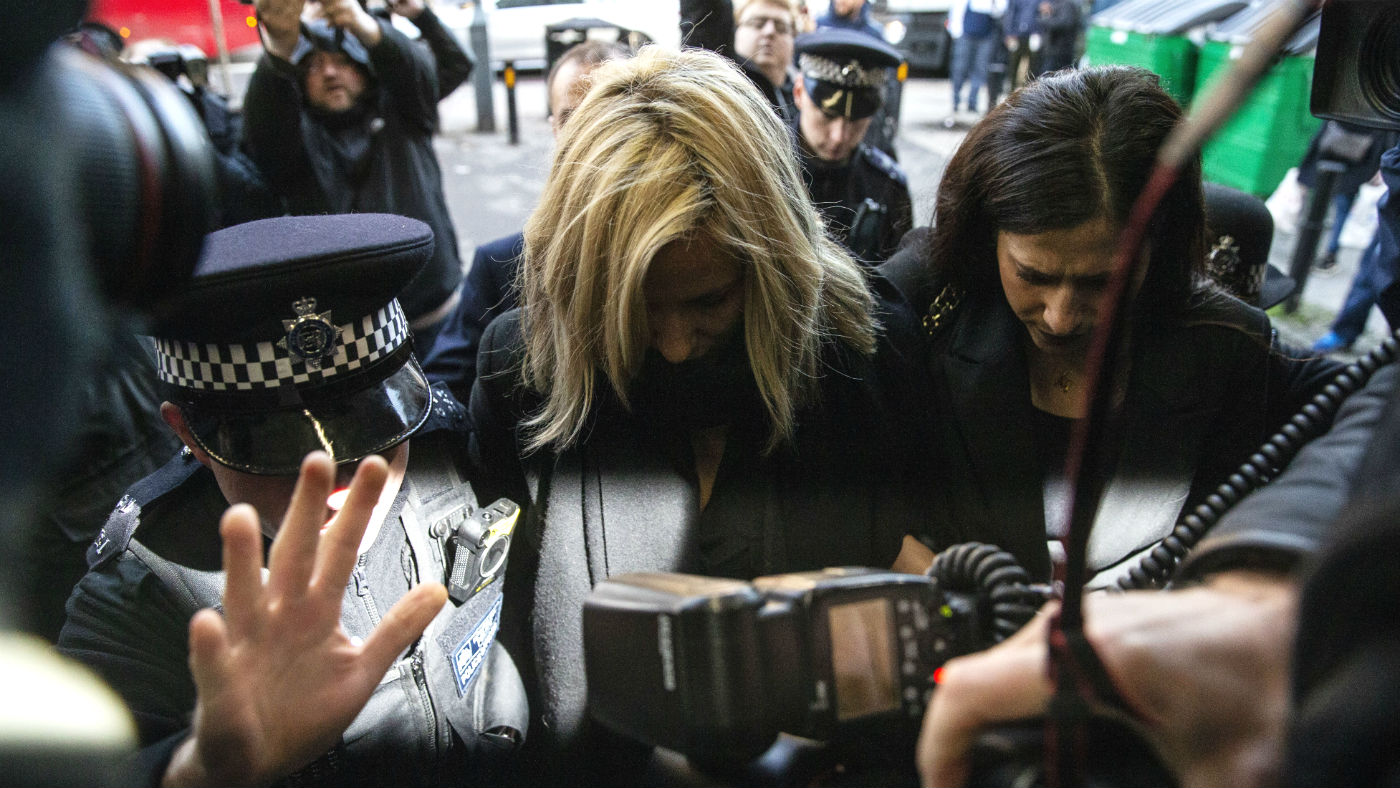 Caroline Flack: the repercussions for the media, CPS and Love Island
Caroline Flack: the repercussions for the media, CPS and Love IslandSpeed Read Media and prosecutors criticised after ‘dogged’ pursuit of television presenter accused of domestic assault
-
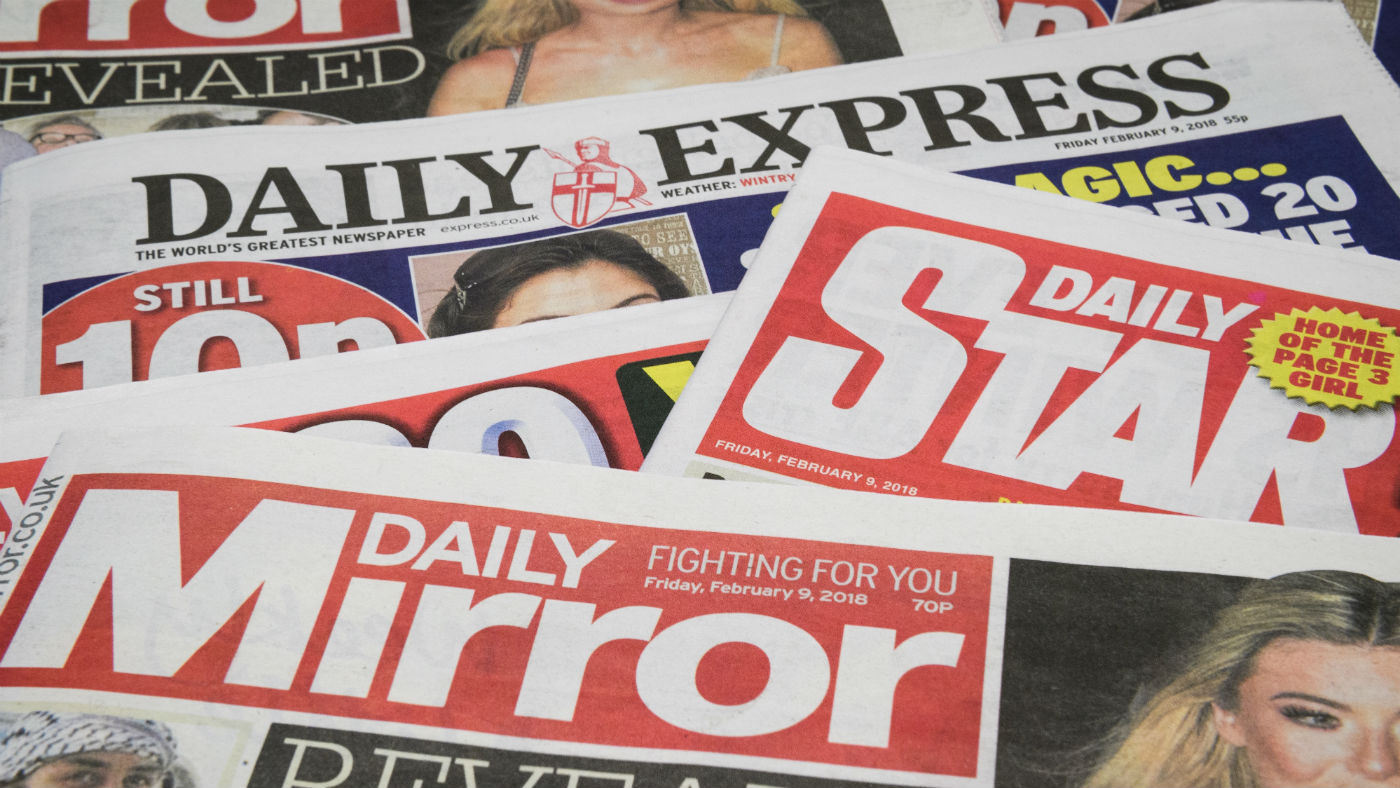 Second Leveson inquiry rejected by MPs
Second Leveson inquiry rejected by MPsSpeed Read Labour had called for the inquiry into phone-hacking and press regulation to continue
-
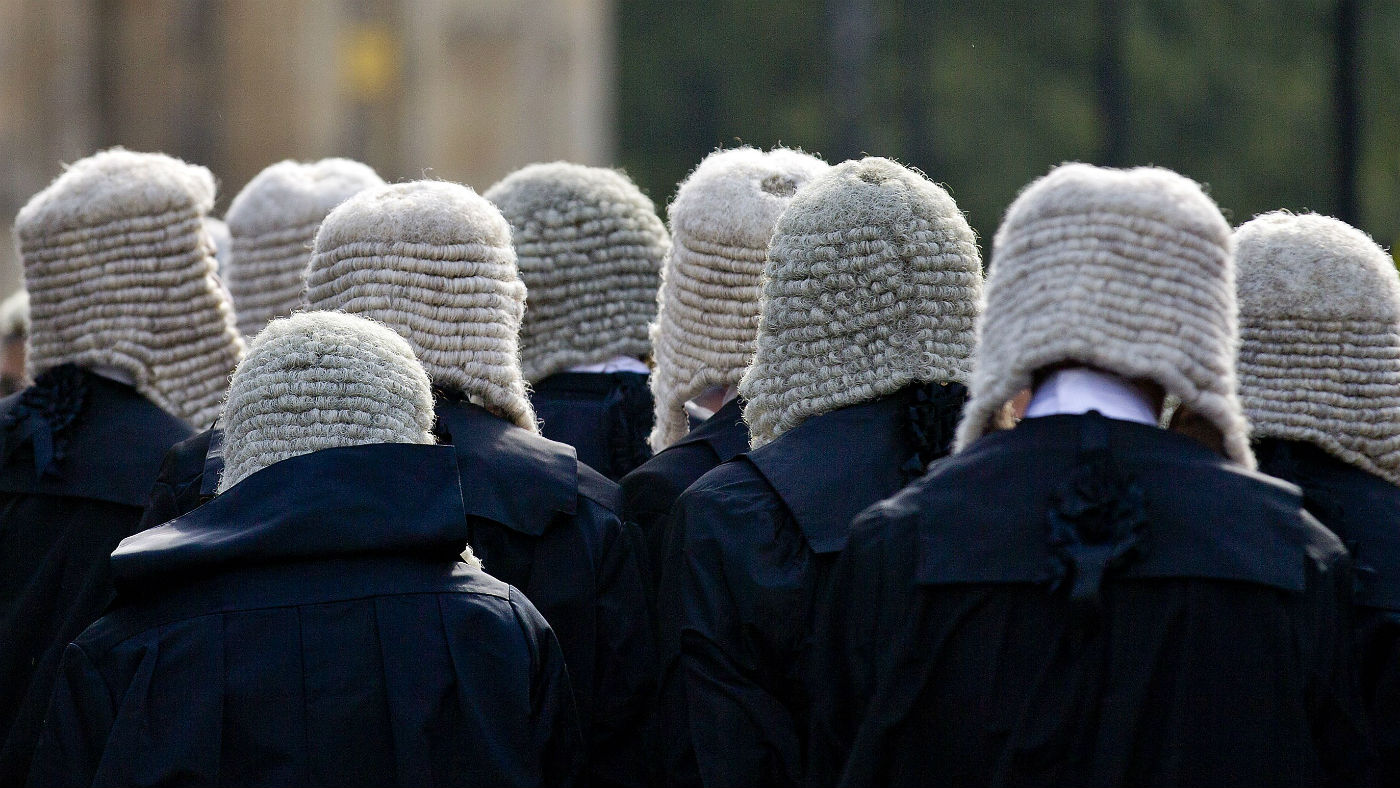 Are public inquiries a waste of time and money?
Are public inquiries a waste of time and money?Speed Read Public inquiries have cost £639m since 1990 and in many cases their findings appear to have been ignored
-
 Black hole 'is 12 billion times size of the sun'
Black hole 'is 12 billion times size of the sun'Speed Read 'Super-supermassive' black hole was formed early on in history of universe, leaving scientists puzzled
-
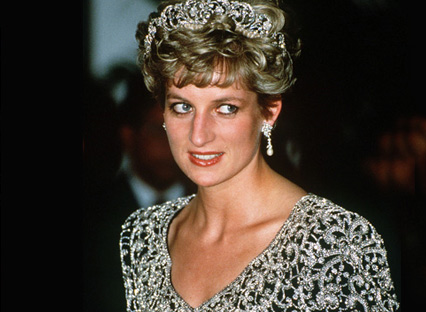 Princess Diana 'leaked royal phone numbers to NotW'
Princess Diana 'leaked royal phone numbers to NotW'Speed Read Phone-hacking trial hears how Princess of Wales was News of the World's ‘mole in the palace
-
 Rupert Murdoch: hall of fame or den of infamy?
Rupert Murdoch: hall of fame or den of infamy?In Depth Jude Law's claim that his phone was hacked on US soil haunts Murdoch as he prepares for TV honour
-
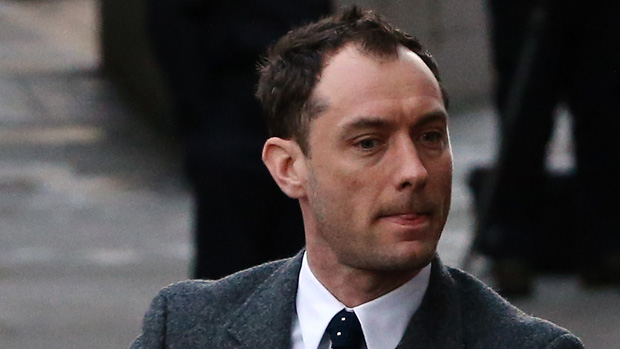 Jude Law at phone-hacking trial: five things we learned
Jude Law at phone-hacking trial: five things we learnedIn Depth Hollywood star is told that a member of his family was paid by News of the World to leak information
-
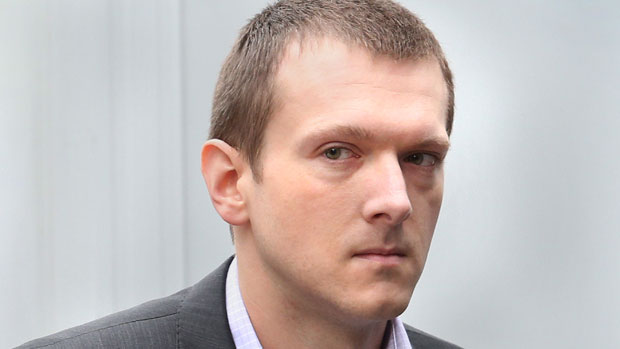 Jeremy Forrest: girl wants to marry him, have children
Jeremy Forrest: girl wants to marry him, have childrenSpeed Read Teenager abducted by maths teacher says they were only caught because she was jealous of bar manager